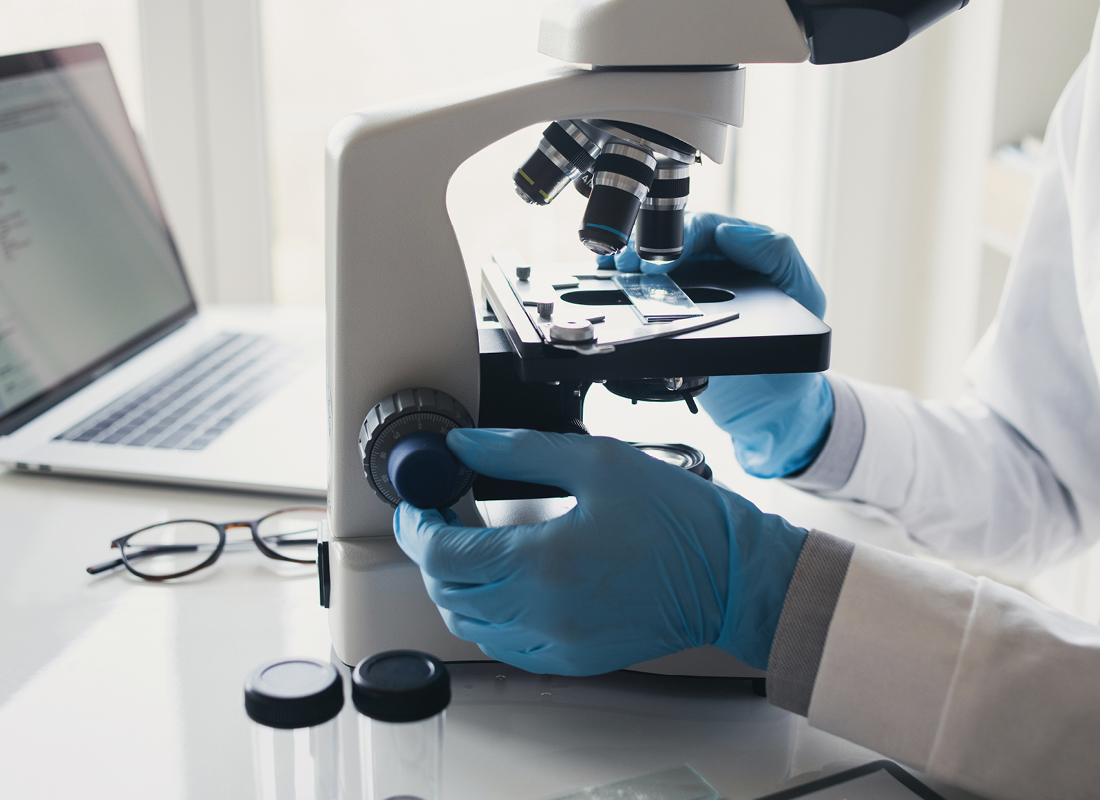New Evidence Supports Suitability of Antigen Testing for COVID-19 Screening
Not perfect, but good enough. That is the basic theory for using rapid antigen tests for COVID-19 surveillance even though they are less accurate than molecular assays in detecting the SARS-CoV-2 virus. A new research study published in the Journal of Infectious Diseases offers important evidence supporting that theory. Specifically, it suggests that performing antigen tests more frequently can raise their sensitivity commensurate with the sensitivity levels of PCR tests performed at longer intervals. The Diagnostic Challenge Molecular tests using reverse transcription-polymerase chain reaction (RT PCR) to detect RNA material from the SARS-CoV-2 virus performed at an offsite laboratory represent the gold standard for accurate coronavirus detection. The problem is that these tests are too costly and slow to meet the need for rapid screening. The cost-effectiveness and speed of tests that identify the presence of antigens or toxins a virus produces that cause the body to produce antibodies are far more suited for rapid testing of the asymptomatic at the point of care. However, antigen tests lack the sensitivity of molecular assays. This creates the risk of false negatives and need for confirmatory testing. However, while antigen testing is not appropriate for diagnostic and treatment uses, they are sensitive […]

Subscribe to Clinical Diagnostics Insider to view
Start a Free Trial for immediate access to this article